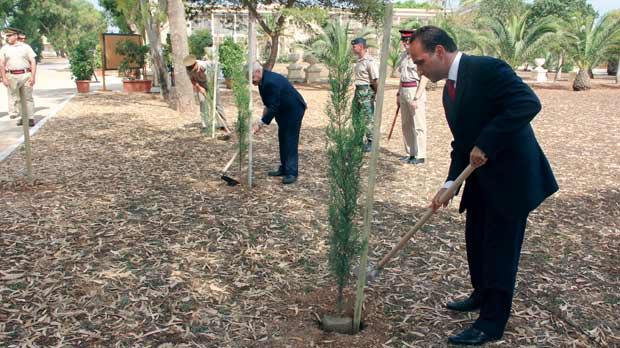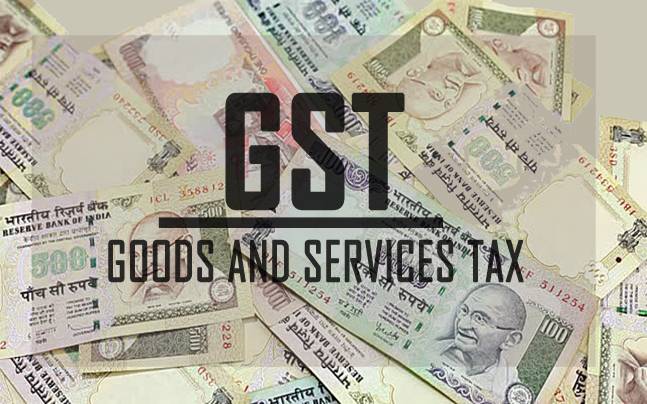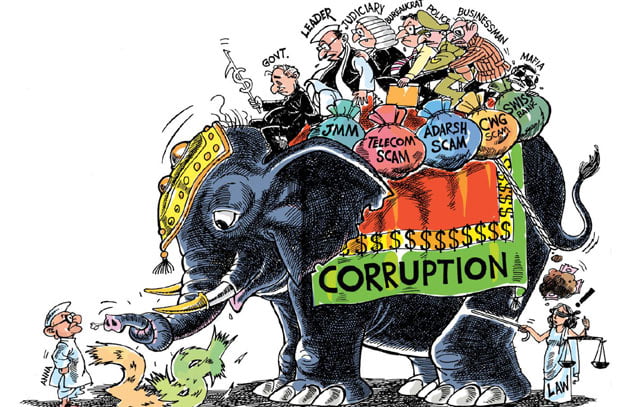We have discussed the various bills that were passed by the individual houses, in the previous section of this series. In this section, we will talk about the bills that were cleared by both the Upper and the Lower House in the Parliament’s Monsoon Session.
After spending a lot of time on valuable deliberations, and not throwing shoes or watching porn during discussions, the Rajya Sabha and Lok Sabha have collectively passed 13 bills this monsoon session. A lot of bills were introduced, and pending bills were cleared. With over a 100 hours of work delivered, have the necessary bills actually been cleared?
Let’s find out-
Central Agriculture University (Amendment) Bill, 2016
This bill was introduced to amend the Central Agriculture University Act, 1992. The act is all about research and development in the field of agriculture, and improving it especially in the north-eastern states. For all these years, Nagaland had not been covered by the act, and this bill is mainly focused on its inclusion in the list of states that will be ‘benefited’ by this act.
The Child Labour (Prohibition and Regulation) (Amendment) Bill, 2012
Probably one of the well-thought bills passed this session. The bill prohibits employment of children below 14 years in ALL occupations except where the child helps his family AFTER school hours. The government finally realized that children do not magically grow up after 14; hence, a new term has been added to the constitution – adolescents (14-18-year-olds). The bill prohibits their employment in ‘hazardous’ occupations like mines.

The Benami Transactions (Prohibition)(Amendment),2015
The bill seeks to amend an act that is almost 30 years old. The purpose of the bill is to put forth a system to tackle hoax property transactions. The basic requirements for its establishment – defining terms, setting adjugating officers and stating penalties has been done in this bill. Though, its effectiveness is still a matter of concern.
Institutes of Technology (Amendment) Bill, 2016 and the National Institutes of Technology, Science Education and Research (Amendment) Bill, 2016
These bills help declare institutions like NIT, IIT and even the Indian school of Mines to be of ‘national importance’. According to the Institutes of Technology (Amendment) Bill, 2016, the government plans to introduce six more IIT campuses across the country (because unemployed engineers are the USP of this nation).
The Dentists (Amendment) Bill, 2016 and the Indian Medical Council (Amendment),2016
The main aim of these bills is to bring in a uniform medical entrance exam for all dental and medical institutions – most popularly known as the NEET (National Entrance Eligibility Test). Each of these examinations will be overlooked by the Dental Council of India and the Indian Medical Council respectively.
Compensatory Afforestation Fund Bill, 2015
This bill is quite similar to the settlements that are often made in court cases. According to this bill, the forest land that is often given out to industries or used otherwise needs compensation through cash and kind – compensation paid for the loss of biodiversity, and at the same time through afforestation on a different land. Surprisingly, there is no regulatory office to check if the afforestation is actually done.

The Enforcement of Security Interest and Recovery of Debt Laws and Miscellaneous Provisions (Amendment) Bill, 2016
This bill focuses on reinforcing a few laws-
The SARFAESI law which sets rules on acquisition of collateral on default payment now has to be done under the supervision of the District Magistrate within 30 days. The government also wishes to establish a database regarding such transactions.
With concern to the RDDBFI act, the bill increases the age of retirement, because obviously, handling stress at an old age is the government’s forte.
Constitution Amendment (122nd Amendment) (GST) Bill, 2014
The much debated and deliberated bill of this session, the GST bill is still at a very critical stage. Though passed, there is a lot that needs to be worked out. The rules, regulations, and even the tax rates will be decided by the GST council consisting of the Union Finance Minister, The Union Minister of State Revenue and the State finance Ministers. Funnily enough, alcohol for human consumption is exempted from the GST.

The Indian Trusts (Amendment) Bill, 2015
This bill amends the Principal Act of 1882 that regulates private trusts and trustees. It took the Indian Government 70 years before removing clauses that had references to pre-independence times.
Lokpal and Lokayukta (Amendment) Bill, 2016
This amendment leaves the act with no purpose at all. The idea of the initial bill was to keep a check on the public servants by having an account of their assets, including their immediate family. The amendment cuts off all such stringent clauses and deadlines that the public servants were to follow. The method by which they are to make the declarations is now made subjective.

What’s Next?
With the bills passed by both houses, these will now move to the President for his assent. The dramatic moment in the lives of the bills arrives then – the moment when they’ll either be sent back to their ‘Houses’ or will acquire the stature of being called an Act. Once the bill becomes an act, it will be implemented by law.
Even though the government has worked a lot this session, the amendments made and the bills introduced are all not very satisfying. The government has managed to maintain a balance between the good and bad bills, but that is certainly not what the country needs at the moment. Well, all hope is not lost with the fact that the bills have been ‘passed’. If the President uses his discretion, there is still a chance that the country can be saved from increasing its list of bad laws.
Part 1:
The Government Worked Incredibly This Session, But Which House Functioned Better?
































